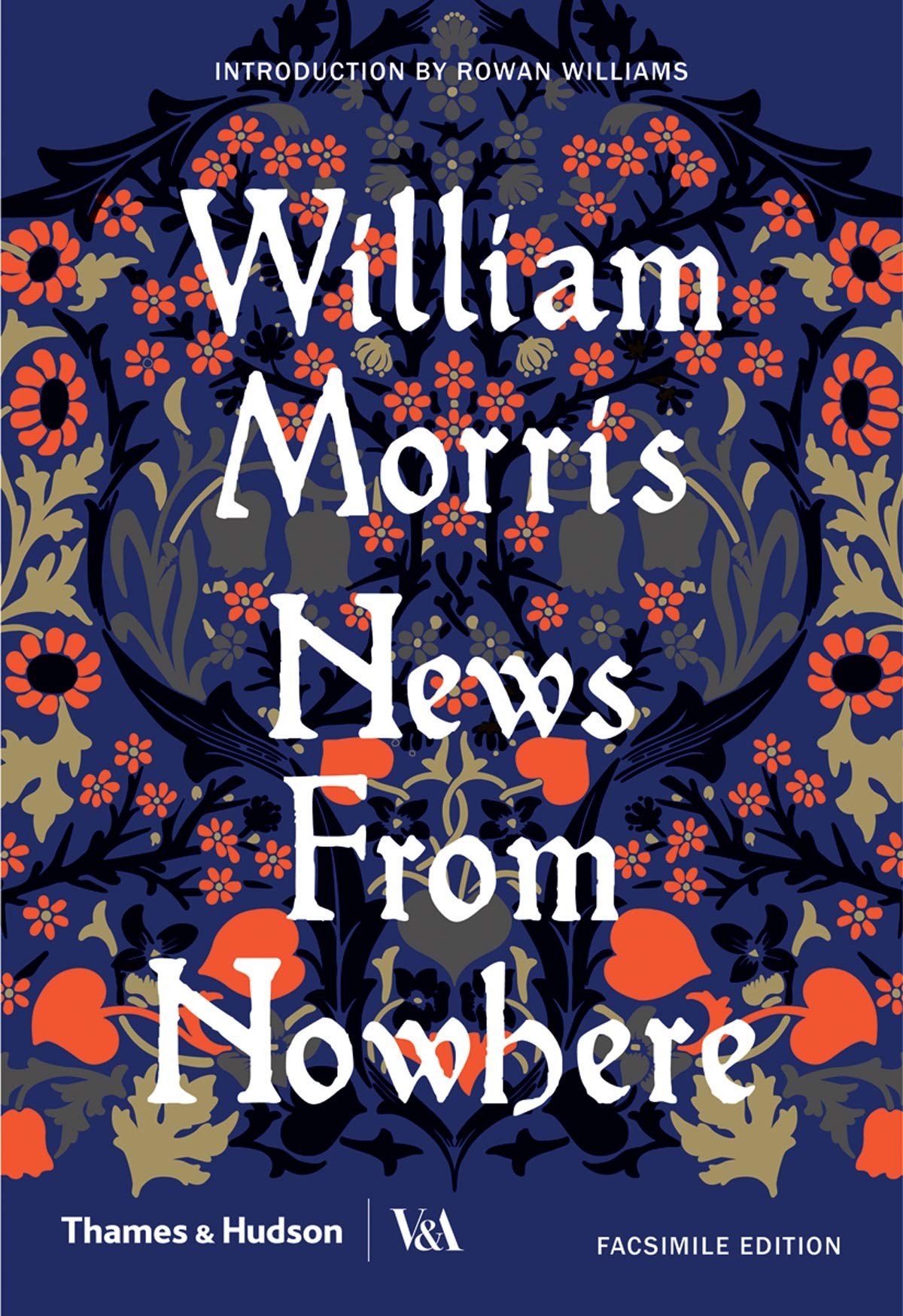

William questions Old Hammond about his antipathy toward the 19th century and the old man says that his grandfather "was one of its victims" (94). The only things people made of good quality, says Old Hammond, were these labor-saving machines. The creation of "labour-saving machines" (92) did not help with this because they simply freed up time and energy for more work. Because of this, people were unhappy and the quality of goods was low. In the past, people tried to expend the least amount of labor to make the largest amount of a product possible. Hammond admits that it was not an easy process to reach this point in society where people take genuine pleasure in doing good work, and returns to talk about the society of the past as a means of contrast. Hammond responds that there is no reward needed but the pleasure of work itself. He asks how England's new society gets people to labor without reward. Old Hammond and William agree that Dick and Clara will probably return soon, but William wants to ask a final question. Chapter 15: On the Lack of Incentive to Labor in a Communist Society Finally, anyone who is still in the minority after something is decided does not need to work on the thing (a bridge, for example), and the thing will ultimately be a benefit or detriment to all of society. When there is a disagreement on what should happen in a situation that does affect multiple people, there is a meeting of the community called a "Mote" during which there is a discussion and a vote followed by more discussions and votes if there is not a clear majority. When someone makes a decision that doesn't affect others, there is no problem. They turn themselves to political problems within the country, especially in communities, and the old man tells William that people do certainly differ in opinions at times but that this does not turn into a fixed party system.


William implies that this would necessarily diminish "national variety" (83) but Old Hammond refutes this. Old Hammond replies that those problems have entirely vanished "along with the inequality betwixt man and man in society" (83).

William inquires about how England now deals with foreign nations. William asks Old Hammond about politics, and Hammond replies little more than, "I will answer your question briefly by saying that we are very well off as to politics,-because we have none" (82) and asks for that to be the end of the chapter. Buy Study Guide Summary Chapter 13: Concerning Politics


 0 kommentar(er)
0 kommentar(er)
